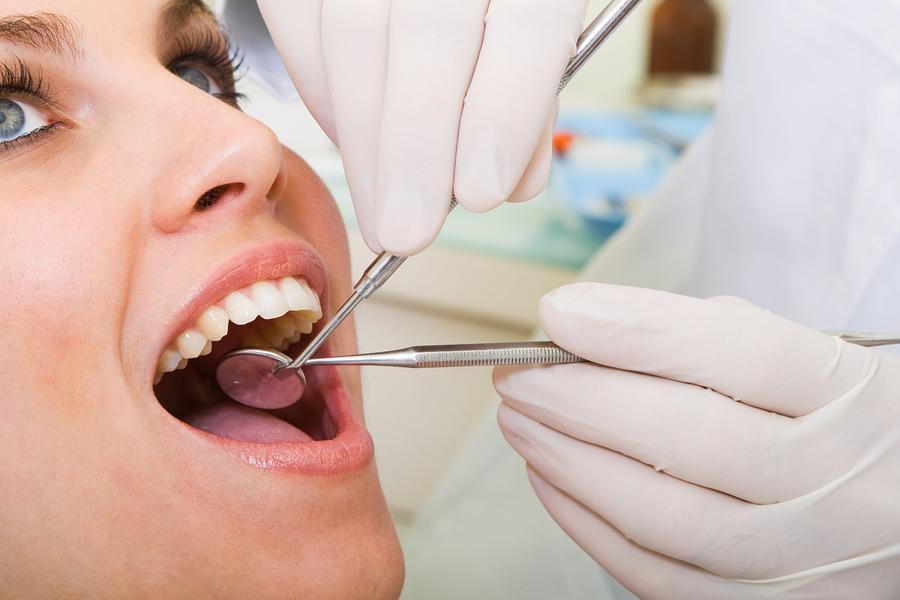Flossing Like a Boss: Advice for Superior Oral Hygiene
Keeping superior dental hygiene is crucial not just for a bright smile but also for your total health. Overlooking your dental care routine can cause various problems, from cavities to gum disease. Fortunately enough, flossing is a simple yet impactful tool that can enhance your dental care routine. Many people underestimate the significance of flossing, typically viewing it as an unpleasant chore rather than an indispensable practice.
When it comes to caring for your teeth, consistency is key. Visiting your nearby dentist clinic on a regular basis for check-ups and cleanings is necessary, but what you do at home also plays a critical role. In this article, we will share tips that will help you master the art of flossing and ensure that your oral health is in great condition. By adhering to these guidelines, you can anticipate revealing a healthier, brighter smile for years to come.

Importance of Flossing
Using dental floss is a vital part of maintaining superior oral hygiene. While regular brushing helps remove plaque and food particles from the surface of your teeth, it often misses the tight spaces between them. These spaces can become hubs for bacteria, resulting in gum disease and cavities. Incorporating flossing into your daily routine guarantees a more thorough clean and contributes significantly to your overall dental health.
In addition to preventing cavities, flossing plays a crucial role in maintaining healthy gums. When plaque builds up between teeth, it can lead to inflammation and gum disease. Regular flossing removes this plaque, helping to keep your gums in good condition and reducing the risk of gum problems. Healthy gums are vital for maintaining strong teeth and can also have an impact on your overall health, as gum problems have been linked to various systemic conditions.
Visiting a dental clinic consistently is important, but it is equally crucial to practice effective oral care at home. Flossing helps minimize the workload for your dental professionals by keeping your mouth cleaner in between visits. Regular flossing can lead to fewer cavities, less gum disease, and ultimately a better smile. Making this simple practice a part of your daily routine can enhance your oral health and contribute to a more assured and dynamic you.
Dental Flossing Methods
Using dental floss is an essential part of oral hygiene that helps eliminate food particles and plaque from in between the teeth and along the gum line where a toothbrush cannot reach. To use dental floss effectively, start with about 18 inches of dental floss, wrapping most of it around one finger and the rest around opposite finger. This allows you to control the floss as you move it in between your teeth. Ensure you hold the floss tightly, guiding it gently between each tooth to avoid snapping it against your gums.
When you place the floss in between your teeth, curve it around the base of each tooth in a C-shape and slide it up and down against the tooth surface. This technique not only takes away debris but also stimulates the gums, helping to keep them healthy. Be mindful not to force the floss into spaces, as this can lead to damage to your gums. Instead, use a soft sawing motion to ease the floss in and out, making sure a thorough clean without injury.
Lastly, it’s crucial to create a regular flossing routine. Aim to floss at least once a day, ideally before brushing your teeth. This order helps remove the plaque and debris effectively before the toothbrush is used. If you struggle with traditional floss, think about using floss picks or water flossers as substitutes that can also be effective. Regular visits to your dentist clinic for routine cleanings will also enhance your oral care regimen and ensure everything stays in optimal condition.
Deciding on the Best Teeth Items
Picking the best oral products is essential for upholding optimal dental health. Commence with your brush; choose one with soft bristles to effectively clean your dentition without damaging your gums. Battery-powered toothbrushes can also be advantageous as they often provide a more comprehensive cleansing compared to manual brushes. Find a brush that fits well in your hand and is easy to maneuver in your oral cavity.
When it concerns toothpaste, choose for a fluoride-containing toothpaste that carries the American Dental Association seal of approval. This mineral helps to strengthen dental enamel and stop caries. If you have specific oral needs, such as sensitivity or gum issues, consider using toothpaste formulated for those concerns. Always review the ingredients and avoid products with harmful substances or high grittiness.
Finally, don't overlook the significance of oral rinse and oral floss. A good mouthwash can help lower tartar, stop gum disease, and provide clean breath. For citydent.lt , select a type that fits your dentition—whether it’s classic dental string floss, floss picks, or water jet flossers. Incorporating these items into your everyday practice can make a substantial impact in your oral wellness, ensuring you look confident when you grin.